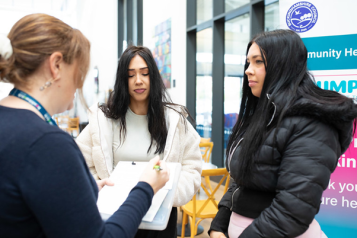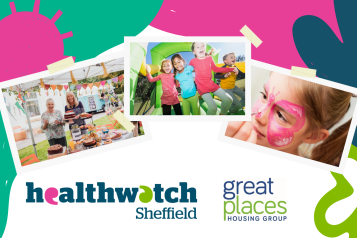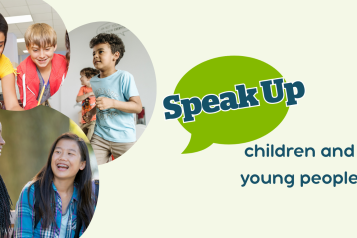Child of the North: Inequality after Covid
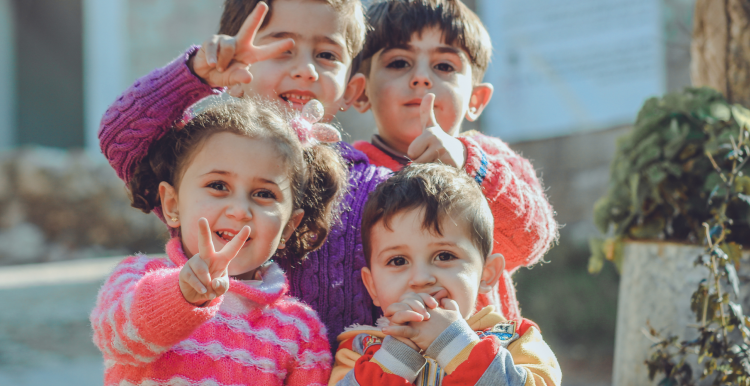
Inspired by the Child of the North report, we hosted a panel discussion on Tuesday 17th May to explore the inequalities faced by children and families, how this is impacting on communities in Sheffield, and what can be done to make a difference.
We welcomed expert speakers - Professor Sarah Salway from the University of Sheffield and contributing author to the report; Julia Thompson from the Public Health team at Sheffield City Council; Patrick Meleady and Terezia Rostas from Pitsmoor Adventure Playground.
What impact has Covid had on children in the North?
The Child in the North report found that the pandemic has exacerbated existing problems for families in the UK, and has disproportionately impacted families in the North, increasing poverty and family stress at a time of restricted access to protective environments such as school and supportive services.
Compared to children in the UK as a whole, children in the North:
- Have a higher chance of living in poverty
- Are more likely to die under the age of 1
- Are significantly more likely to be in care
- Missed more schooling during lockdown
- Were lonelier during the pandemic
- Will experience significant losses in lifetime earnings due to loss of learning and mental health conditions developed during the pandemic
What got us talking?
Our panel members each spoke about their areas of work (find out more in our 'meet the panel' section below). We then opened up for discussion, to explore the issues further and talk about possible actions we can take as a city. These were some of the key discussion points raised by our audience:
- Meeting the needs of families requires a compassionate community response as well as a statutory service response.
- The community atmosphere since the beginning of Covid has been powerful - people are more willing to come to community organisations and join in with things than before. However, these community organisations don't always have the resources to provide the activities that are so desperately needed for children and families to combat isolation and tackle other barriers they're facing.
- Many people aren't accessing the services that exist - some people don't have the means to access them (time, money, knowledge, etc), while others don't always trust statutory services to support them appropriately and would seek support elsewhere. Language and cultural barriers have also been a huge issue throughout the pandemic. To combat this staff in statutory services need proper cultural competency education - to really know a community and be known by them.
- Non-statutory services which can provide support are already embedded in many communities - but they don't have the resources. Money doesn't always flow easily from statutory services into community organisations, and these small groups are constantly having to justify their existence for small amounts of funding.
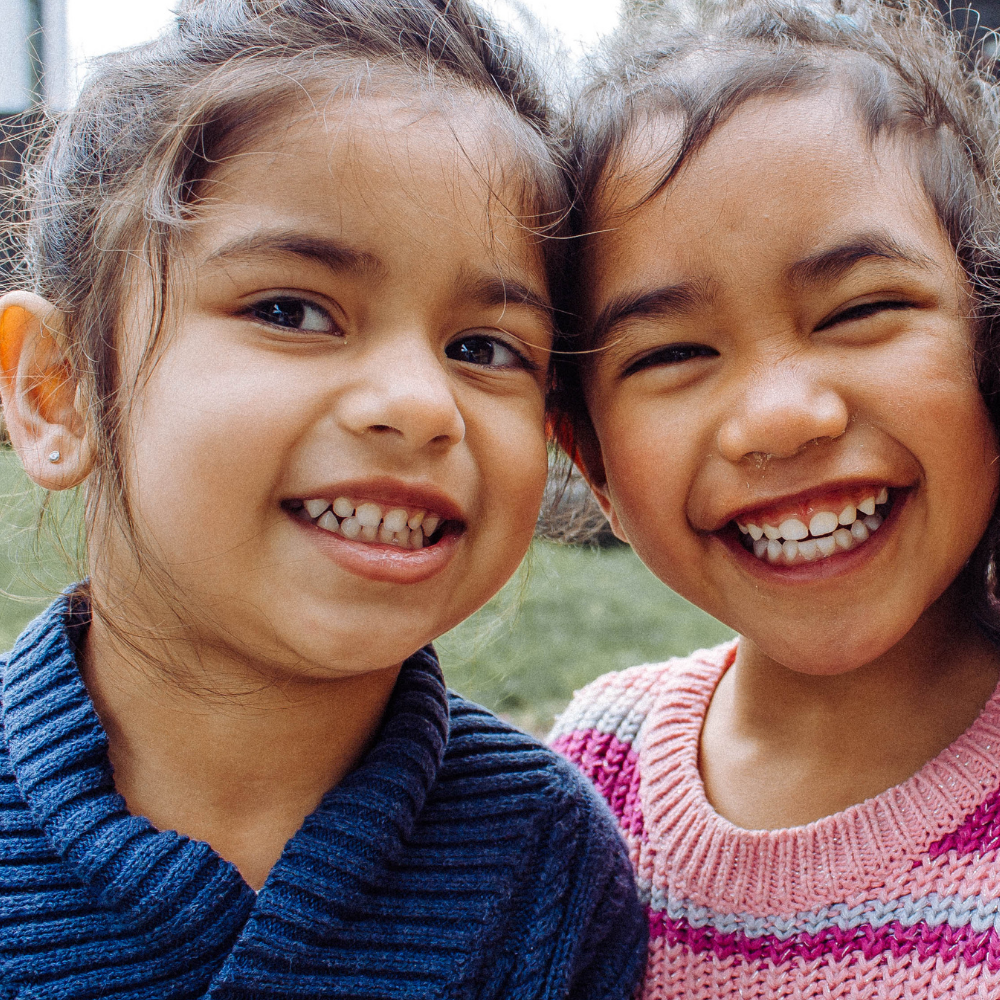
- Support needs to start with the child/family - it cannot just be services working above and around them. It's important to have community places where people are trusted partners in helping themselves.
- How do we get recommendations from the report onto the political agenda? Children and young people themselves need to get involved, and be supported via youth wings and youth collaboratives.
Meet the panel
Professor Sarah Salway from the University of Sheffield
Sarah is a Professor of Public Health at the University of Sheffield - her work has particularly focused on health inequalities linked to migration, ethnicity and gender, with an emphasis on understanding the perspectives of service users and improving the fit between provision/initiatives and needs within complex systems. She was a contributing author to the Child of the North report. Download her slides here.
Julia Thompson from the Public Health team at Sheffield City Council
Julia began her career in Public Health in 1990, and has since held a wide range of commissioning and strategic roles at local, regional and national level. She is currently Public Health lead for maternity and early years in Sheffield and is providing public health advice to the South Yorkshire & Bassetlaw Maternity Transformation Programme. Download her slides here.
Patrick Meleady from Pitsmoor Adventure Playground
Patrick is the Manager of Pitsmoor Adventure Playground, which is a multi-award winning inner city Adventure Playground that has been identified nationally and internationally as being an exemplar for play, open access and family and community support provision. The Playground was in 2022 also, selected as the best frontline Play Service in the UK, under Patrick’s management.
Through his related roles and responsibilities Patrick supports access to the Arts, Leisure and Culture for vulnerable and marginalised children, young people, their families and communities and develops and delivers on a wide range of artistic and cultural activities, events and cultural festivals not only in the Burngreave area but throughout the city and further afield too.
Terezia Rostas, Pitsmoor Adventure Playground volunteer and Executive Director for Care for Young People's Future CIC
Terezia is part of the Hungarian Gabor Roma Community and set up her CIC aiming to improve Roma people's lives and support professionals who want to offer better opportunities to these communities. She advocates against inequalities, bringing under-represented communities into a safe space and facilitating relationships with services.
Throughout Covid and afterwards, she has worked with Pitsmoor Adventure Playground to support children by offering them educational packs, wellbeing visits, food, clothes and activities.
